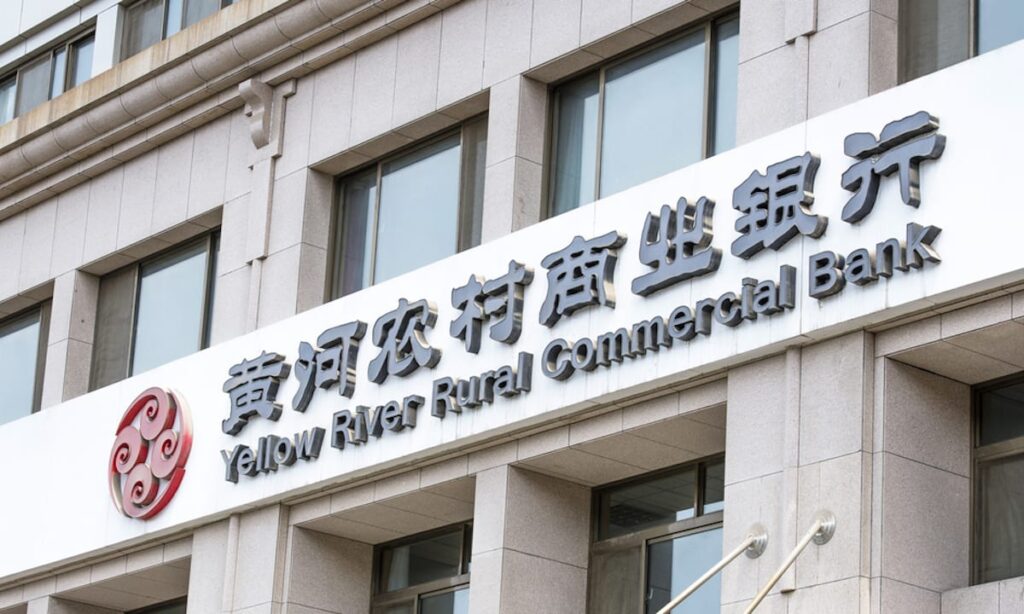In a significant move to address the aftermath of rural banking fraud, China has announced plans to deploy its national deposit insurance fund to repay victims.
According to a report by the Financial Times, the initiative, which sets a crucial precedent for tackling future financial crises, involves a cost-sharing agreement between the People’s Bank of China and the local government in Henan province.
This development aims to clarify the circumstances under which the deposit insurance system will provide compensation, providing reassurance to depositors and bolstering China’s financial system.
The agreement between local and national authorities represents a pivotal step in China’s ongoing efforts to strengthen its financial safety net. By ensuring that insurance payouts will be made, the incentive for depositors to withdraw funds from vulnerable banks is expected to diminish. The urgency to fortify the national safety net has intensified due to rising debt levels, weakened local government finances resulting from the pandemic, and the recent turbulence surrounding Silicon Valley Bank in the United States.
Rory Green, Head of China and Asia research at TS Lombard, told the FT, “This shows Beijing is still firmly committed to de-risking and moral hazard reduction. It is a key test case for the national deposit insurance fund.”
As part of the emerging agreement, the People’s Bank of China plans to mobilize over RMB 10 billion ($1.4 billion) from the deposit insurance fund, amounting to approximately one-fifth of the currently available funds.
This capital will be utilised to reimburse customers of Yuzhou Xinminsheng Village Bank and three other rural banks in Henan province. These financial institutions had accumulated billions of renminbi from online customers across China but collapsed in the summer of 2022 due to the discovery of widespread fraud spanning a decade.
Banking collapse during the pandemic heightened the problem
The collapse of these banks became a significant political issue during the height of the pandemic, prompting depositors to take to the streets and demand the return of their funds. However, due to the nature of the loss resulting from fraud rather than bad lending, ambiguity existed regarding the activation of China’s deposit insurance scheme.
The forthcoming agreement aims to share the costs between the deposit insurance fund and the local government, ensuring online deposits are fully protected up to an RMB 500,000 cap. Larger depositors’ reimbursement will depend on the amount recovered from the fraudulent activities by law enforcement authorities.
This evolving plan signifies a concerted effort to reduce tensions between China’s local and central governments when confronted with financial crises, the FT report says. In the past, the central government had pushed regional authorities to bear the burden of rescuing local financial institutions.
An official involved in the discussions stated, “The previous situation was like a patient who just discovered a serious disease, yet the attending doctor was trying to run away from it. But the illness should be treated by the doctor, not the quack who barely has any knowledge.”
China’s national deposit insurance fund
China’s national deposit insurance fund was established in 2015, covering nearly 4,000 banks, and held RMB 54.9 billion at the end of 2022. However, the criteria for deposit insurance payouts are determined on a case-by-case basis, with authorities preferring to limit its utilisation to situations where there is a concern about broader contagion within the banking system.
The fund was initially tapped in 2021 when the People’s Bank of China took over Baoshang Bank, triggering fears about the health of regional banks.
Michael Pettis, a finance professor at Peking University and senior fellow at Carnegie China, told journalists the deposit insurance would be less effective if bad loans were spread throughout the financial system. He stated, “If it is just a few banks that get into trouble, then the scheme will solve the problem. If the loss becomes systemic, it can’t possibly work.”
As of now, the People’s Bank of China, National Administration of Financial Regulation, and Henan government have not provided any official comments regarding this development.
Source: Financial Times









